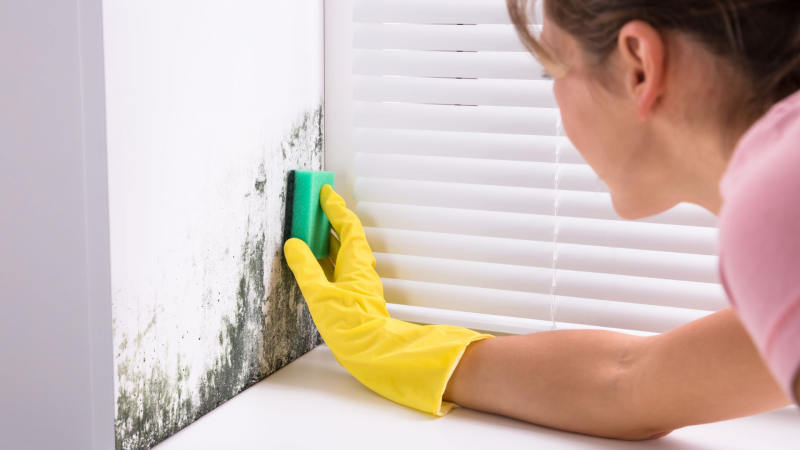
Humidity is one of the most common problems in any home, which can be caused by factors such as environmental condensation. To prevent the formation of mold on walls or cracks, it is advisable to identify and repair leaks in a timely manner, preferably with the help of a professional. However, there are also home remedies that can help reduce humidity in the walls, such as using plants that absorb moisture from the environment.
One of these plants is the begonia, recommended by the World Health Organization (WHO) for its properties in eliminating mold and reducing excess vapor in the air. Gardeners and horticulturists highlight that begonia is not only effective in combating humidity but also brings positive energetic qualities to the environment, promoting tranquility with its unique aroma. With around 1500 different species, the begonia is a versatile plant that can help maintain a healthier environment in the home.
Humidity in the walls can be related to structural problems, broken water pipes, or a lack of adequate ventilation in the dwelling. To prevent and combat this inconvenience, there are products such as sea salt, talcum powder, and baking soda that, combined with the appropriate corrective measures, can help control humidity in the home. It is important to keep in mind that over time, houses can deteriorate for various reasons, so it is essential to be attentive to the signs of humidity and take necessary preventive measures to maintain a healthy and safe environment at home.














